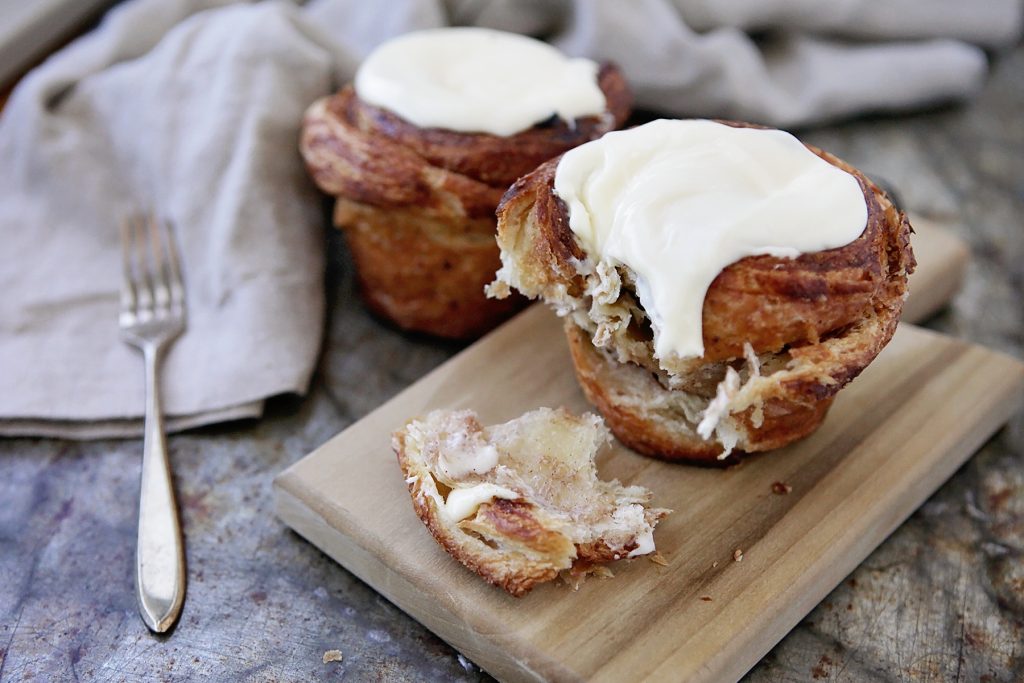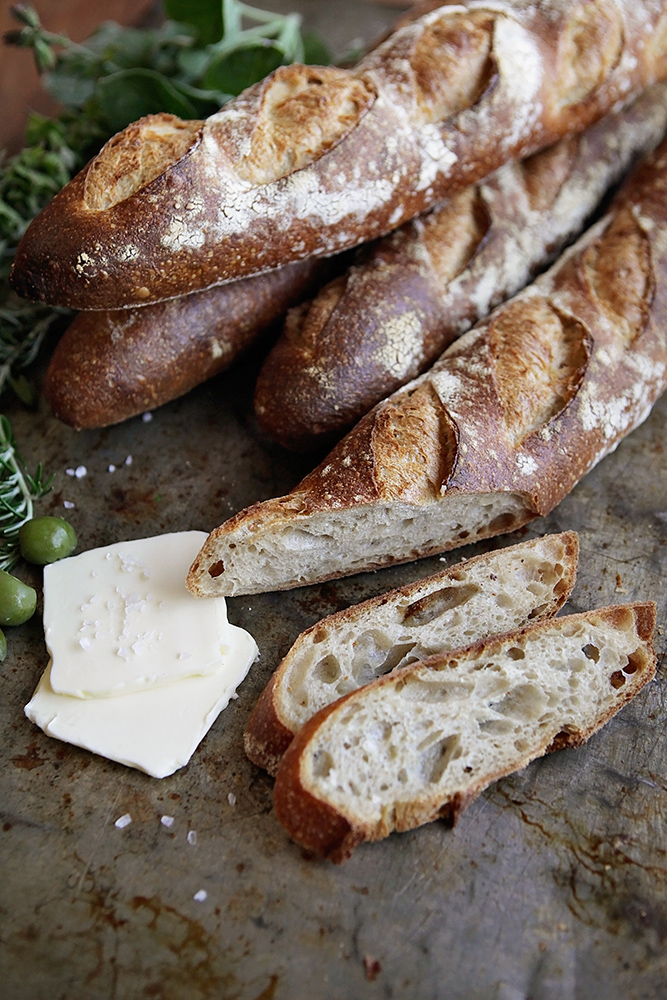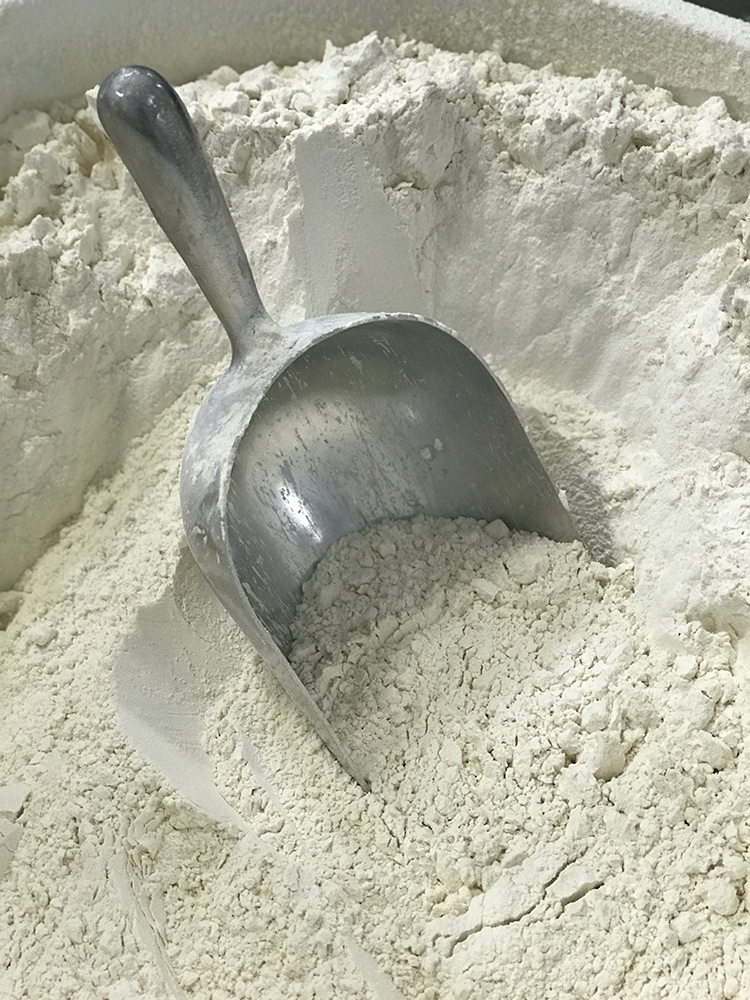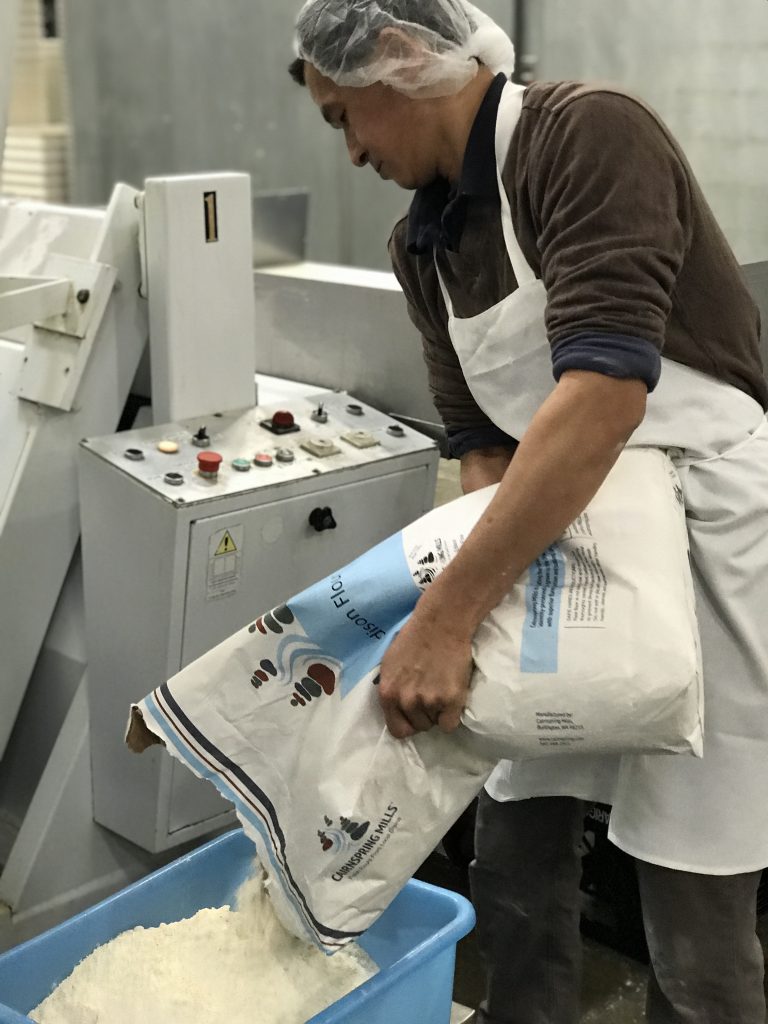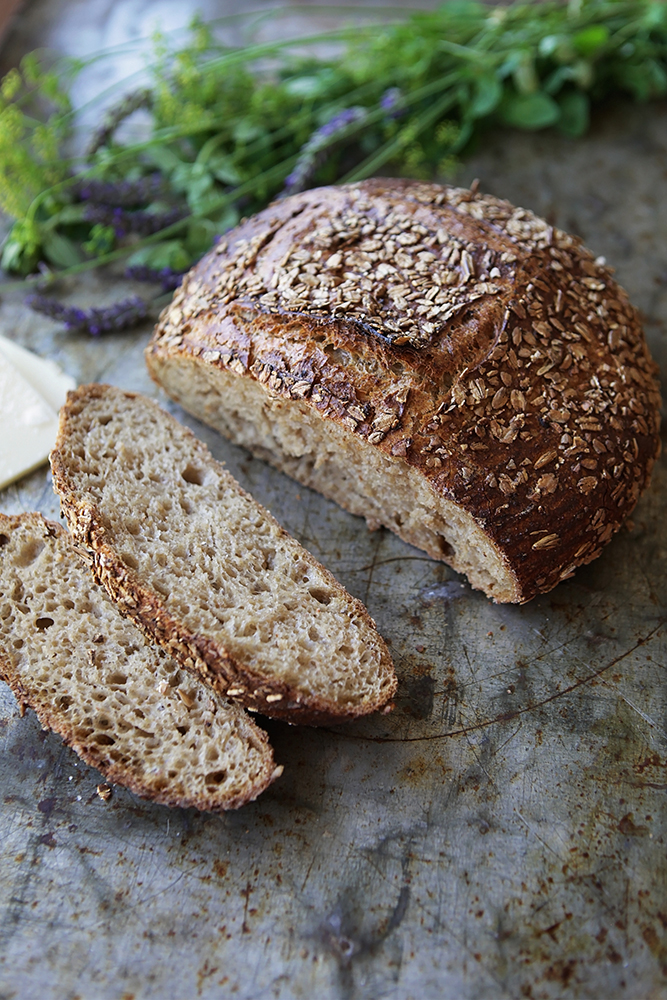Does “great taste” come to mind when you think of heritage grains?
Many Americans consider heritage grains a health food—something they should eat, not something they want to eat. Fortunately, that appears to be on the cusp of change. Top chefs and bakers have been cooking with new heritage grain hybrids to thrilling results.

One of my favorite events of the year is Grain Gathering, an annual three-day event held every July at the Bread Lab (the event started in 2011). Expert bakers, millers, grain scientists, farmers, and industry representatives gather in the Skagit Valley. Their goal is to break the dominance of commodity wheat and to find a way to sell America on the benefits of heritage grains. Flavor is the number one selling point. Nutrition is another along with environmental sustainability. Virtually every community in America used to grow wheat. More robust heritage wheat hybrids could again make this economically feasible, benefitting local economies.
At a Grain Gathering a few years ago, I was introduced to two hybrids developed by Bread Lab. One is called Skagit Magic, which is grown in the Skagit Valley and milled at nearby Cairn Springs Mill. The other is called Expresso Wheat (or, in the lab, T-85). It is grown in Walla Walla and also milled at Cairn Springs Mill. When I started Macrina, flours like these just weren’t available.
For Macrina’s twenty-fifth anniversary this year, I developed two new breads that utilized these new organic flours. I spent many hours playing around with various techniques and found the heritage flours work best with a slow fermentation. This helps develop subtle, bright flavors and hydrates the bran. I made our Skagit Sourdough with the Skagit Magic. This is one of our most grain-forward and flavorful loaves. The Whole Grain Baguette is our other new loaf, which we make with the Expr results. At Macrina, our two latest breads feature heritage wheats—the primary reason being the astonishing flavor they add. Edouardo Jordan, the star chef and creator of JuneBaby, named America’s best new restaurant by the James Beard Foundation, opened Lucinda Grain Bar, a concept focused on ancient grains. “As Americans, we eat some of the most flavorless, unhealthy grain-based products in the world,” Jordan said. “Commercialization has stripped down all the nutritional value in our grain product. We are excited to explore the flavor and potential of ancient grains.” Jordan noted that some of the best grains in the world are grown in the Skagit Valley.
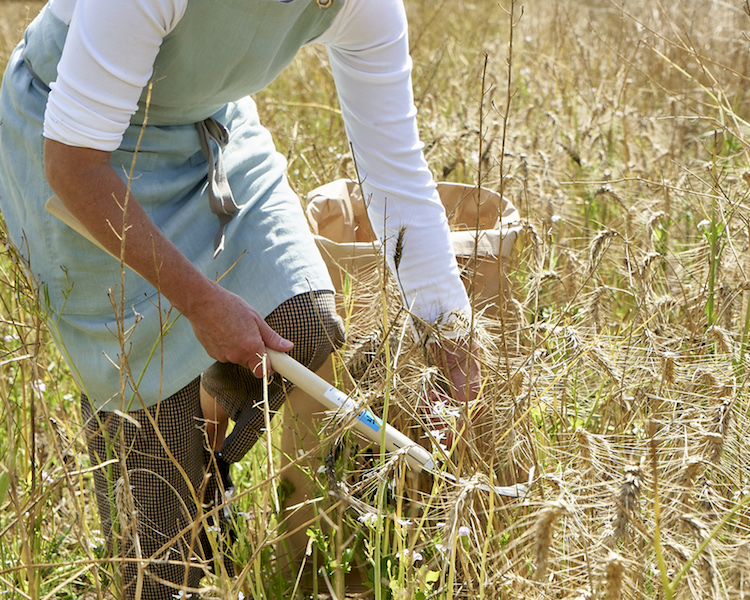
The Bread Lab, located in the Skagit Valley, deserves no small amount of credit for this. Part science lab, part high-end bakery, this extension of Washington State University occupies a 12,000 square feet space in Mount Vernon that includes a research and baking kitchen, a cytology lab, the King Arthur Flour Baking School, a milling laboratory and a professional kitchen. The director of the Bread Lab, Dr. Stephen Jones, is currently one of the most influential voices in the food world. Jones is determined to bring diversity to the range of flours widely available. Currently, the bland, chalky white flour born of industrial agriculture is found in almost all the bread sold in America. You won’t find much else at your local supermarket either. By breeding heritage grains that have both taste and nutritional benefits, but that also have the robustness that farmers need to produce high yield crops, Jones hopes to make regional grain farming viable again.
The standard flour available at grocery stores today comes from wheat that has been bred to be optimal for a fast-food hamburger bun. A hundred years ago that wasn’t the case. Diverse wheats grew and were milled in communities across America. Between 1890 and 1930 America went from over 22,000 flour mills to less than 200. The State of Washington had 160. Now there are two. The widespread use of new roller mills that could efficiently strip the grain of both the bran and the germ creating a flour that had an almost indefinite shelf life ushered in this change. This coincided with the rise of the industrial production of food. We got sliced bread in plastic bags and the phrase, “The greatest thing since sliced bread.” However, we lost a wide range of regional flours milled from an incredible range of wheats, many of which had much better flavor than what worked best for industrial bakeries. Not to mention nutrition. Jones writes, “By using only the white portion of the seed, wheat is reduced from a nutrient-dense food to one that lacks basic nutrition.”
When I started Macrina in 1993, it was thrilling to be part of the artisan bread movement that brought French and Italian-style breads to many cities in America. I’m even more excited about the heritage grain movement—so much so that I’m growing heritage wheat on my Vashon Island farm this year! Seeing grain scientists, farmers and bakers unite around the idea of building a better tasting and healthier bread may just be the greatest thing since sliced bread.
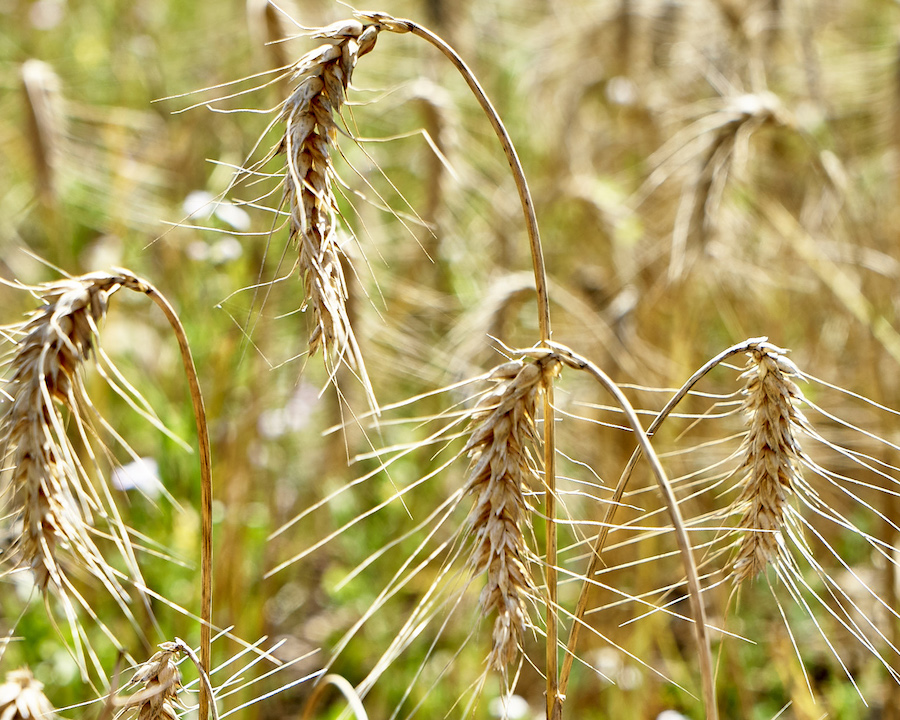
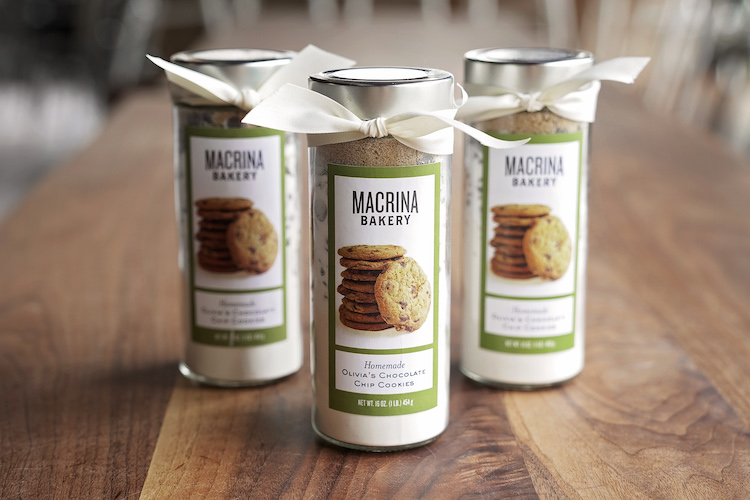 “Like the omelet, which many believe to be the true test of a chef, the humble chocolate chip cookie is the baker’s crucible. So few ingredients, so many possibilities for disaster,” David Leite wrote in a 2008 New York Times article. Given the number of mediocre versions that are all too easily found, it’s hard not to agree with him.
“Like the omelet, which many believe to be the true test of a chef, the humble chocolate chip cookie is the baker’s crucible. So few ingredients, so many possibilities for disaster,” David Leite wrote in a 2008 New York Times article. Given the number of mediocre versions that are all too easily found, it’s hard not to agree with him. We recommend using a stand mixer, but you can also hand mix if you don’t have one. Our mix has the sugar on top. You scoop it into the mixer and blend it with the butter and shortening. Add the egg and then dump the rest of the mix in and hand mix until incorporated. Chill the dough for two hours. (You can skip this step if you’re in a hurry, but if you’ve got the time, it helps the moisture in the dough to fully incorporate, which leads to a better consistency.) Scoop onto a tray, bake, and voilà—the best homemade cookies you’ll ever have.
We recommend using a stand mixer, but you can also hand mix if you don’t have one. Our mix has the sugar on top. You scoop it into the mixer and blend it with the butter and shortening. Add the egg and then dump the rest of the mix in and hand mix until incorporated. Chill the dough for two hours. (You can skip this step if you’re in a hurry, but if you’ve got the time, it helps the moisture in the dough to fully incorporate, which leads to a better consistency.) Scoop onto a tray, bake, and voilà—the best homemade cookies you’ll ever have.
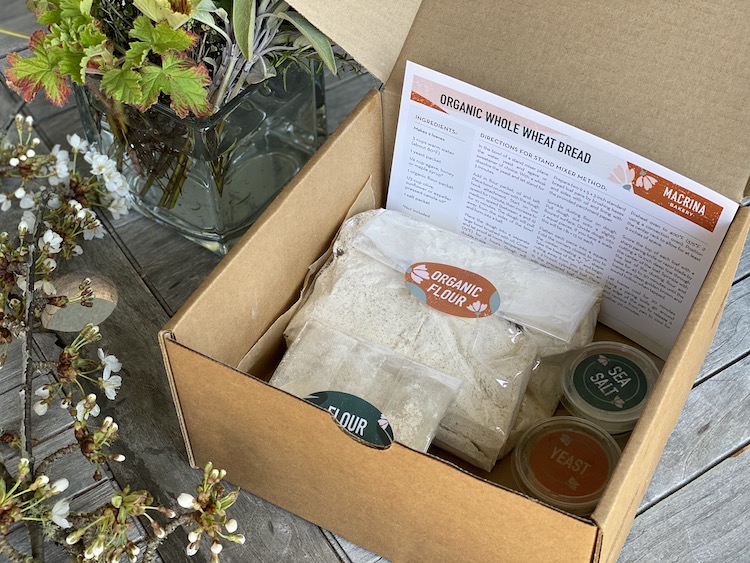
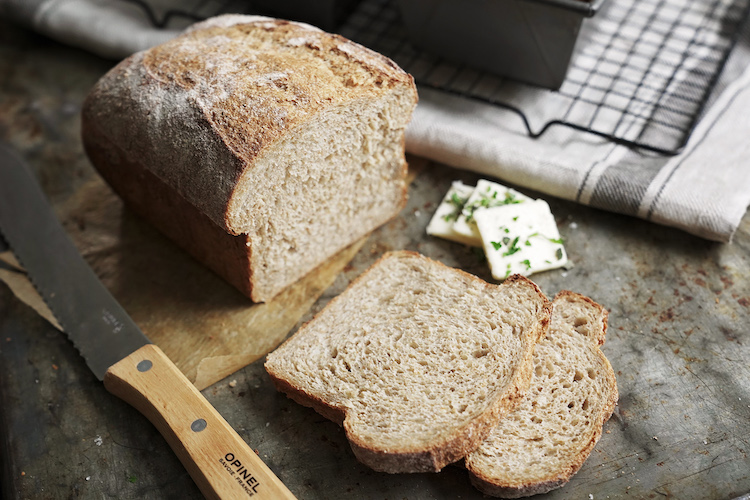
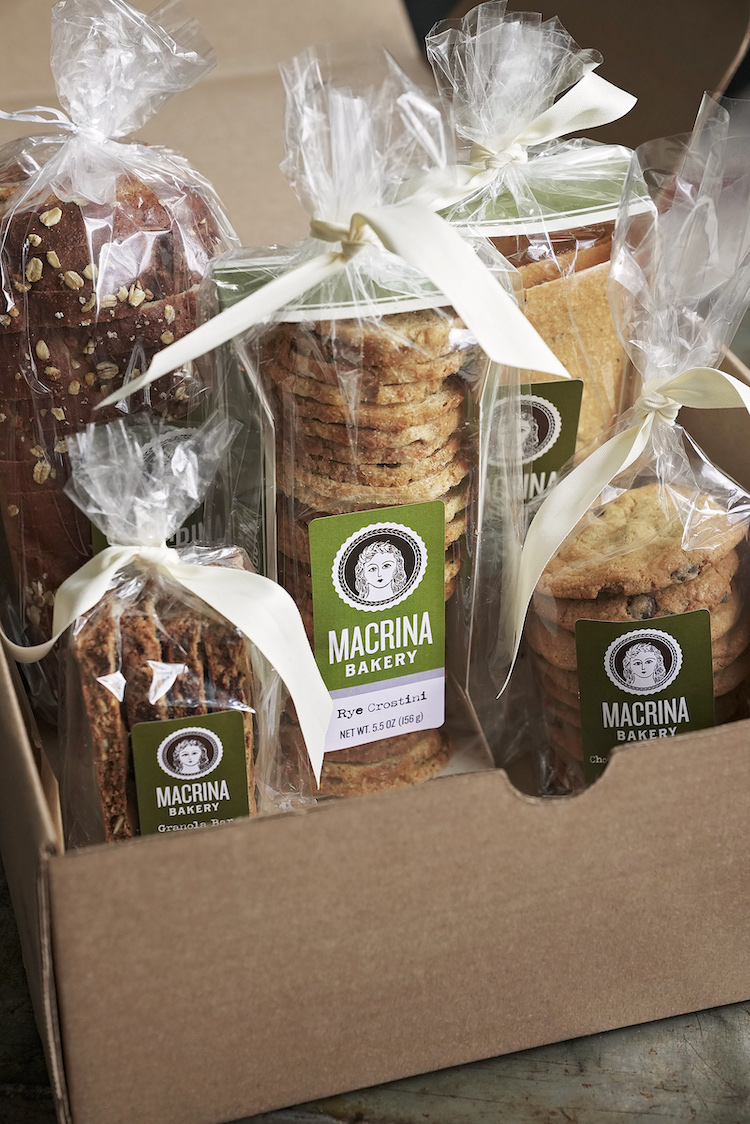




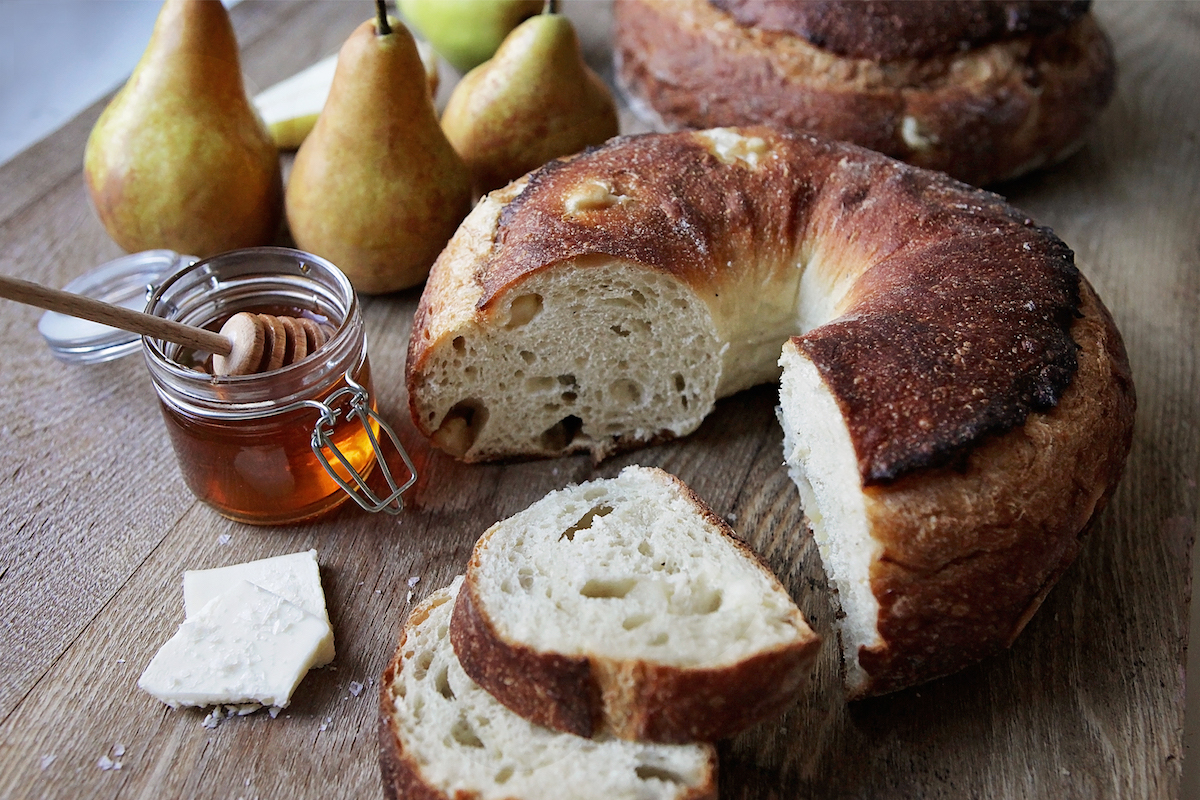
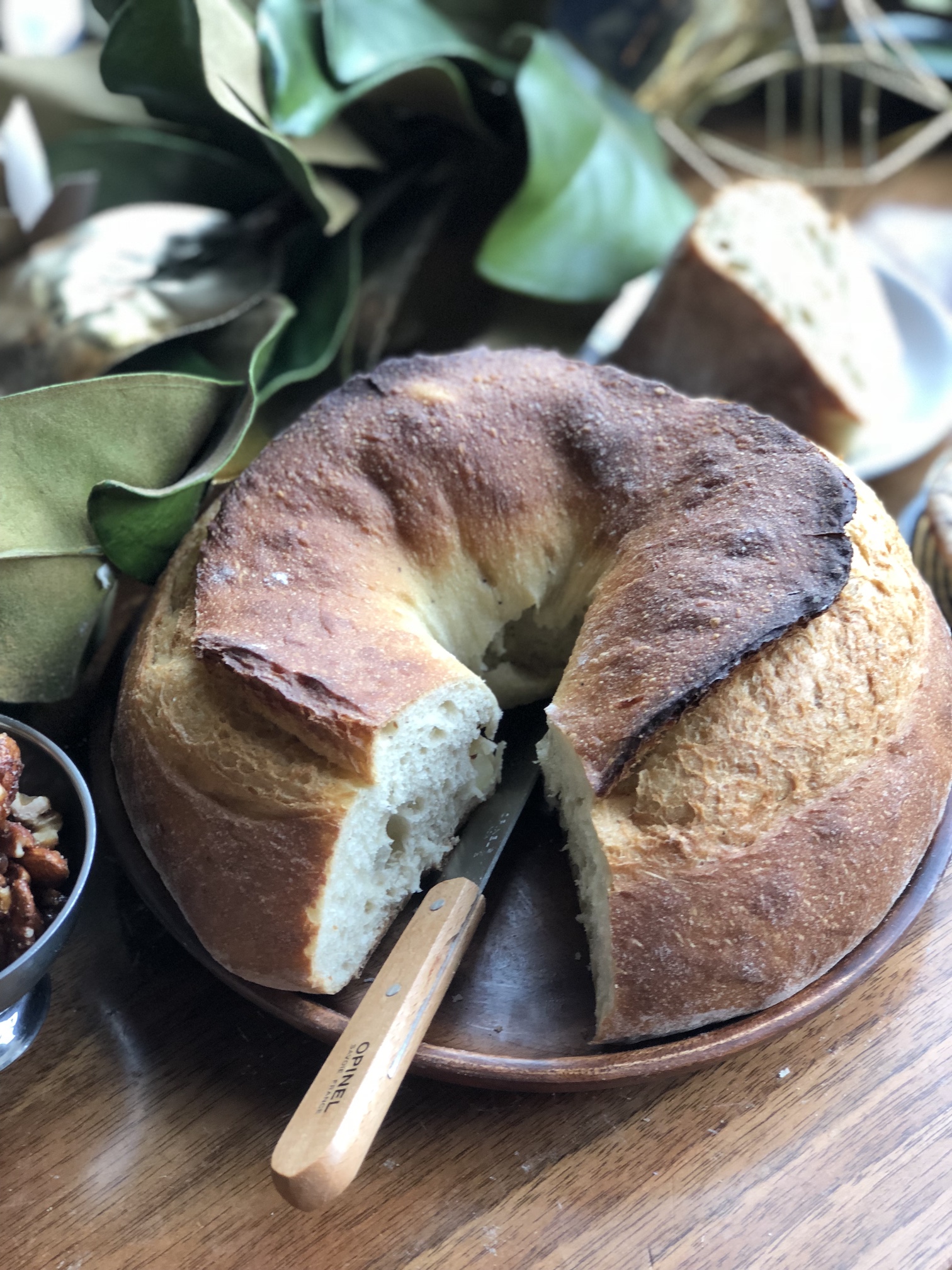

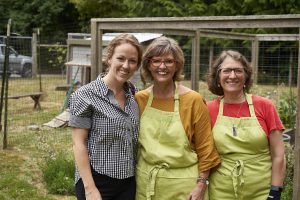

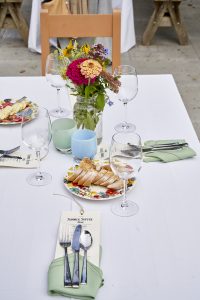
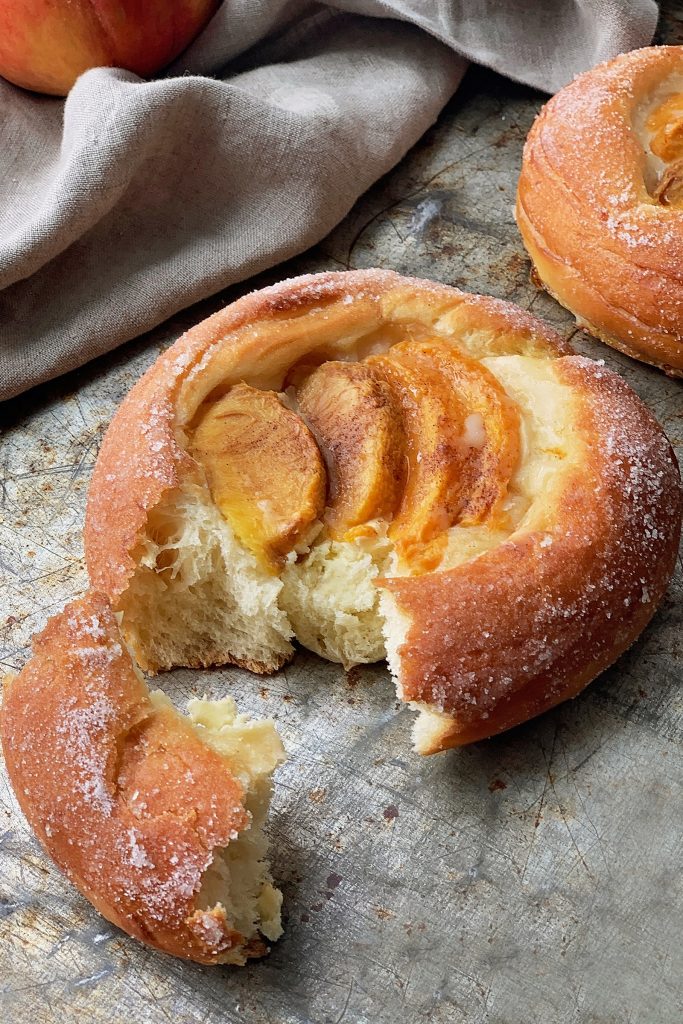
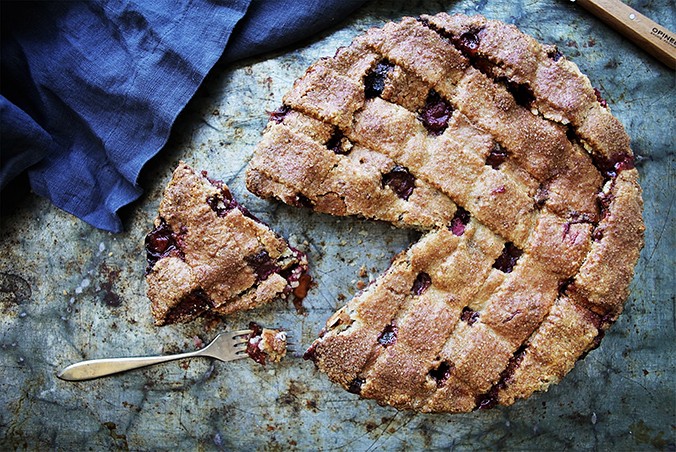 Imagine you’re three years into owning and operating your dream bakery. Then imagine getting a call that Julia Child, the legend herself,
Imagine you’re three years into owning and operating your dream bakery. Then imagine getting a call that Julia Child, the legend herself, 